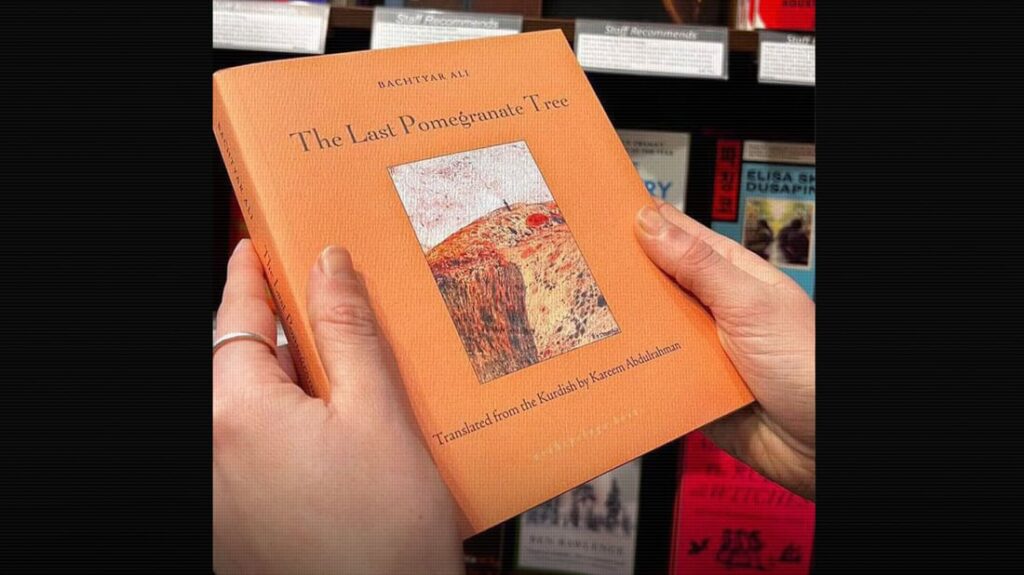Squeezed by sanctions, Iranians seek day jobs in Kurdish Iraq

Down the same bustling Arbil motorway, a Kurdish Iraqi businessman has refurbished an old building into a cheap hostel to accommodate the waves of Iranian day labourers.
"Last autumn, I had only 58 Iranian workers in the hostel. Now I have 180," said 54-year-old Khorsheed Shaqlawayee.
He has rented two additional buildings nearby, but even that has not been enough.
"Now I'm turning new guests away, all of whom are Iranians, because the three hostels are full," said Khorsheed.
His rooms measure about nine square metres (almost 100 square feet) and host up to four workers, who pay $3 a night for a bed, electricity, water and internet.
Most Iranian workers in Arbil were eager to speak to AFP but on condition of anonymity, worried there could be negative repercussions on their families in Iran.
Among them were university graduates pushed into menial labour because they could not find jobs back home and pessimistic about their future prospects.
"I think the economic situation will get worse in Iran," said one 24-year-old.
- 'Emigration for food' -
Kurdish regional authorities in northern Iraq said they do not keep statistics on Iranian labourers, and Iraqis said the influx hasn't worried them yet.
"They charge the same price as us. Besides, unlike Iranian workers, we have better connections. We work regularly with engineers and project owners," said builder Rebin Siamand, 27.
But if Iranians began coming in larger numbers or charging less, that could become a burden for Iraqis, Siamand warned.
On a dusty road leading into the rural outskirts, Suleiman Taha sat on the tailgate of his blue Nissan pickup, assembled in Iran with an Iranian plate.
The 28-year-old maths graduate from Iran's western Sanandaj has been coming to Iraq since February to sell handmade gypsum animal sculptures.
Iranians, he said, are focused on putting food on the table and unable to plan for much else.
"Before the recent sanctions, we used to eat meat three times a week. Now we can afford eating meat only once a week," said Taha.
He was looking to rent a home in Arbil as many of his friends and relatives were considering crossing the border for work.
"I call this an emigration, an emigration to provide food for our families back home," said Taha.



